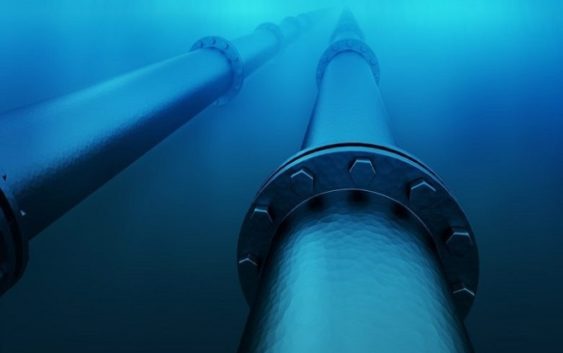EQUATORIAL GUINEA USD100 MILLION SUBSEA GAS PIPELINE

Saipem will construct the 70 kilometer sub-sea pipeline linking Alen Platform with the Punta Europa petrochemical hub.
A statement from the ministry confirmed that it had approved the US $100m contract for Italy’s Saipem to build the gas processing unit serving the Alen field.
The ministry has also approved the proposed petrochemical complex in Punta Europa within the framework of Equatorial Guinea’s gas monetization project.
The 24-inch pipeline will serve offshore gas fields and have a capacity for 950 million cubic feet of gas per day as Equatorial Guinea looks to extend the life of its liquefied natural gas (LNG) production assets. The gas will be transported from the existing Alen platform to facilities on Bioko Island.
The Minister for oil, Gabriel Obiang said that gas deliveries from the project, operated by Noble Energy, are expected to begin in early 2021.
“We anticipate that this contract, which is being approved exceptionally under the given circumstances, will contribute immensely to improving the performance of local businesses and the creation of employment,” Obiang Lima said.
Equatorial Guinea, a small West African member of the Organization of the Petroleum Exporting Countries, derives more than 90% of its foreign revenue from oil and gas.
The Oil minister projected that they will have first production from the Alen field in the first quarter of 2021 and that production will peak at 300 million cubic feet per day of gas. Ultimately, the project aims to tap more than 3 trillion cubic feet of gas that Noble has identified in Block O; which hosts Alen and Block I, although initially about 600 billion cubic feet will be exploited.
Gas from Alen will supplement declining supplies to the EG LNG plant from Marathon’s Alba field. The pipeline forms part of plans to link various offshore gas fields to onshore LNG facilities and turn the island of Bioko into a gas processing hub. The intention of the government is for Alen to become a gas commercialisation hub in the Rio Muni basin, taking production from fields in both Equatorial Guinea and, potentially, Cameroon.

